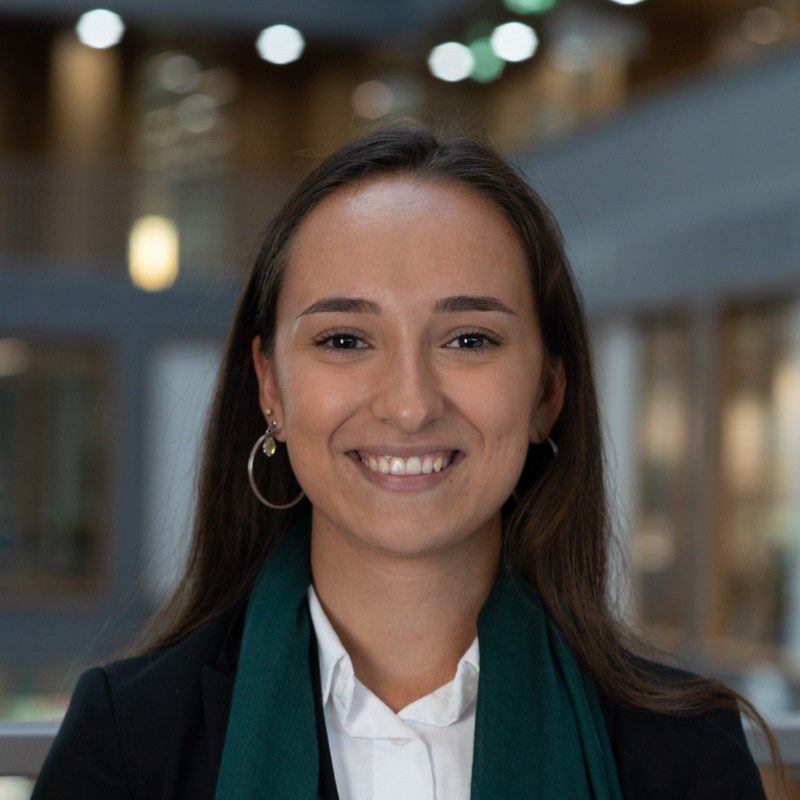January 13th is World Day for the Fight Against Depression
Beba Arlanzon
Homesickness, homesickness, homesickness, homesickness, homesickness, uprooting? On the World Day for the Fight against Depression and at a time when the media are already talking openly about mental health, it is worth asking ourselves how our emotional balance is doing. We are scientists, but we are also migrants. Until recently, there was no talk of “culture shock”, “Ulysses syndrome” or “migrant grief”. Your family and friends told you to be patient, that with time you would get used to it. However, migrating takes an intense toll, both emotionally and physically, especially when this discomfort starts to become somatized.
Most of us CENLers did not come to the Netherlands to seek our fortune, but came through university programs, international scholarships and some even with a signed contract. Although this allows us to start creating a support network, it does not guarantee that we will learn the language quickly, or that the Dutch will do anything to facilitate our integration, or that we will feel comfortable in the new culture and its values, not to mention how we experience unfulfilled expectations and failures. And that frustration, like the Chinese torture of gout, gradually saps our strength.
Specialized help for Spaniards living abroad is increasing. This is good news. On the one hand, because the social stigma that for so many years has been attached to going to a psychologist is beginning to disappear when he/she is a health professional just like a dentist or a dermatologist. On the other hand, because cultural differences and filters often interfere with communication. What the patient says is not necessarily what the therapist understands and what the therapist responds to may not be what the patient interprets. Let’s add the language barrier to this snowball…. Technology makes it easier to find a good therapist in Spain but the vast majority are unaware of the uniqueness of the migrant experience. Therefore, Spanish or Hispanic-American psychologists living in the Netherlands who have gone through similar situations can be a good support.
Even so, beware of anyone who tries to shift all the responsibility onto the shoulders of the patient. If a therapist or therapy does not make progress, you have to change. It is better not to lose self-esteem, time and money. It may be that he/she is a bad professional, which there are, or simply that he/she is not the psychologist we need. Let us not be fooled either by toxic employers who try to convince us that health is the sole responsibility of the worker. Years ago, the psychologist Ramón Nogueras said in an interview that “we are going to the psychologist when what we really need is to join a union”
What about women? An article published in The International Region in December 2021 reported that 83% of expatriates suffer from stress. The insurance company Cigna reached this conclusion after conducting a study in which the profile of the expatriate worker corresponded “to a man between 25 and 49 years old, married with children under 18 years old, with high salaries”. Being a woman and a migrant is a clear case of intersectionality in which the quantitative data obtained must be related to the social structures in both the country of origin and the host country: education and norms, social pressure, roles, support and resources that can be counted on, obstacles of all kinds or glass ceilings.
So let’s talk loud and clear about mental health because it’s not just the symptoms that need to be treated. You
Can you help us to become more? Become a member and participate. Spread our word on the networks. Contact us and tell us about yourself and your project.
References
https://blogs.publico.es/strambotic/2018/09/entrevista-ramon-nogueras/

beba arlanzon
Master student in Biomedical Sciences, Neuroscience and Public Health International
She holds a degree in Philology and a PhD in Translation from the University of the Basque Country. She is currently in a period of professional transition oriented towards communication.

